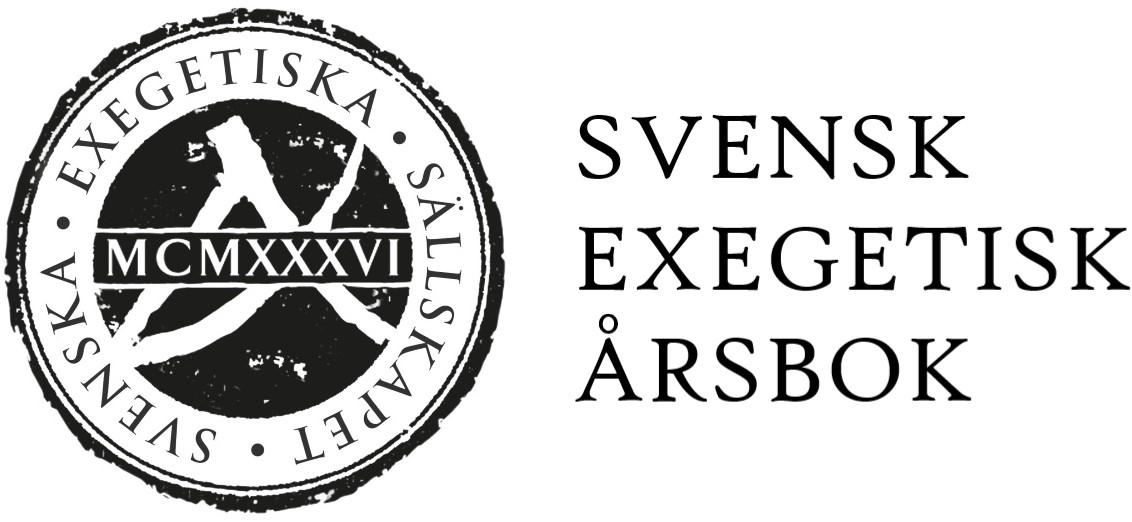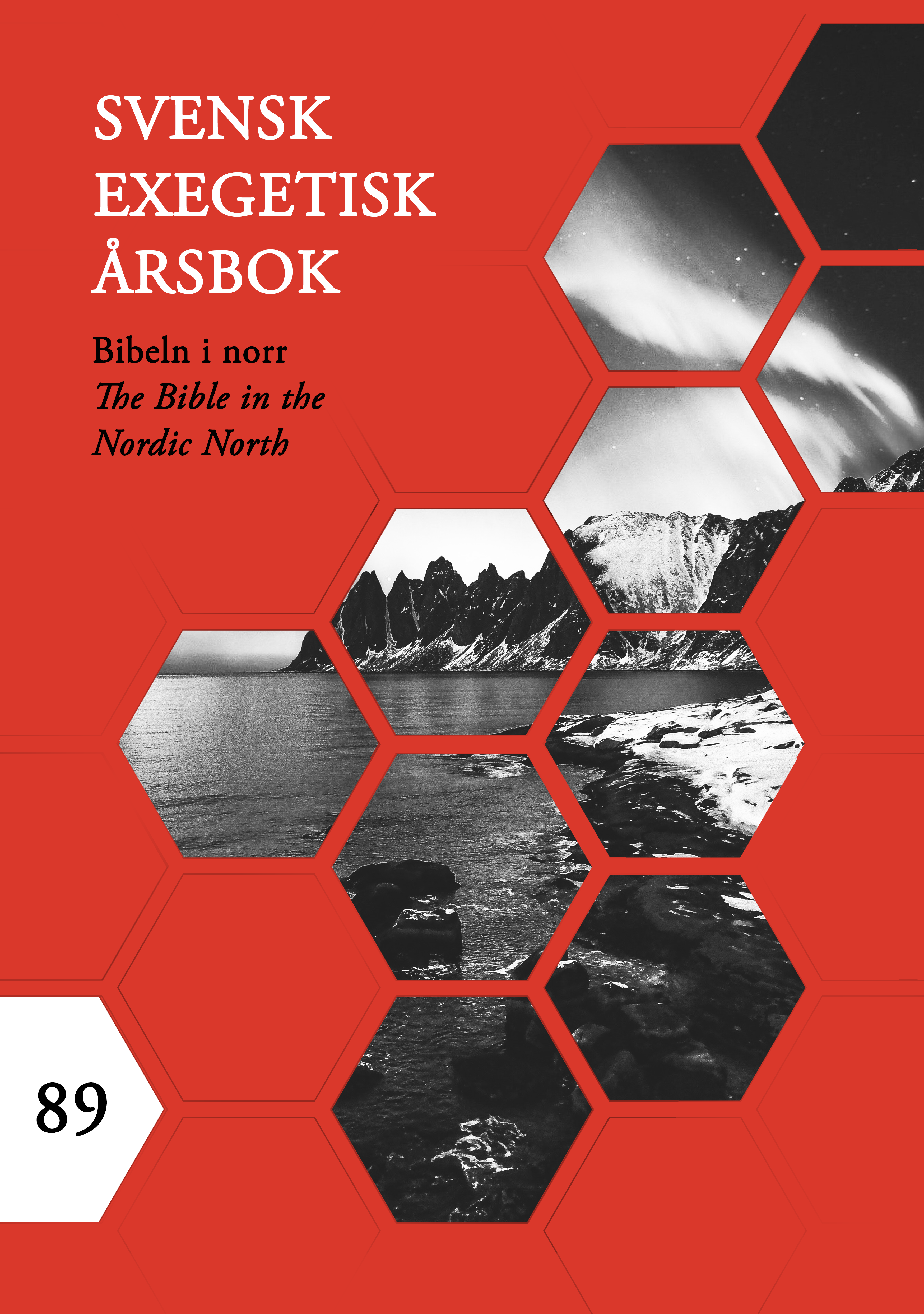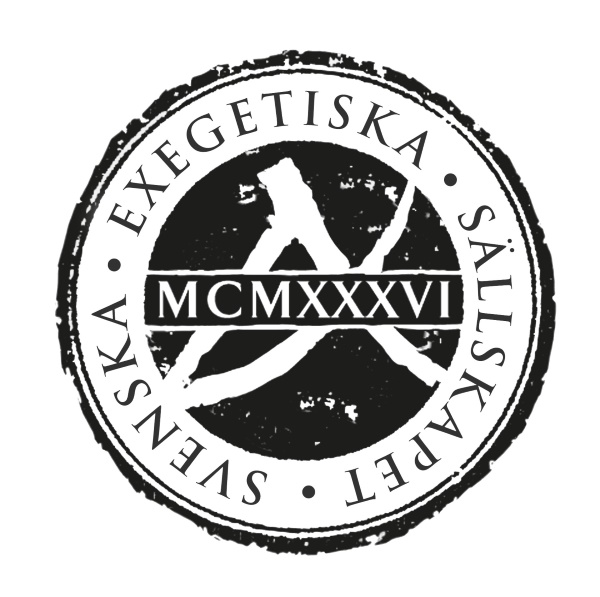Of Nations, Languages, and Bibles
Tracing Political and Cultural Change from the Monolingual Bibel 2000 to the Multilingual Sami Bible
DOI:
https://doi.org/10.58546/se.v89i1.19399Nyckelord:
Bible translation, Nordic Bible, Sami Bible, Sami language, monoculturalism, monolingualism, multiculturalism, multilingualism, identity, languageAbstract
In this paper, I trace political and sociocultural change between two translation projects, Bibel 2000 and the "Sami Bible" of the Nordic Bible Societies. I suggest that the arguments that were made on the intended readership of Bibel 2000 in the 1960s and early 1970s reflect a monocultural and monolingual framework which was still a political and cultural reality at this time. Especially the importance of the national language (Swedish) and its connection to national identity underlying the arguments testify to this. In contrast, the Sami translation project of the Nordic Bible Societies, initiated in the 1980s, bears witness to changes towards multiculturalism and officially acknowledged multilingualism. I argue that these changes were an important impetus for this translation project, which also connects to a growing awareness of the importance of language for identity formation among the Sami people. Finally, I discuss the function of language as a “source of biblical authority” for both translation projects (Bibel 2000 and the Sami Bible), however in widely different respects. This enables me to place both translation projects as conceptualizations of “the Bible” in specific temporal contexts in the Swedish (and Nordic) postwar political landscape.
Downloads
Publicerad
Referera så här
Nummer
Sektion
Licens
Copyright (c) 2024 Richard Pleijel

Detta verk är licensierat under en Creative Commons Erkännande-Ickekommersiell-IngaBearbetningar 4.0 Internationell-licens.







